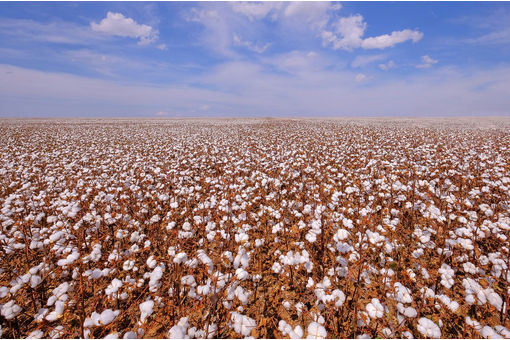Interviews
News Flash
'Re-testing stored cotton essential to avoid off-quality'
05 Feb '15
3 min read
The quality of raw cotton declines over time, even when stored in excellent conditions, hence it is essential for spinners to re-test samples before making a purchase decision, says Uster Technologies, the leading high-technology instrument manufacturer of products for quality measurement and certification for the textile industry.
It is estimated that more than 100 million bales of cotton are currently stocked in warehouses around the world – a stockpile which would supply the entire textile industry for a whole year. Against this background, spinners are expecting a further fall in prices on world cotton markets.
However, it may not probably be good news for spinners if a glut of lower-priced cotton hits the market. It is because stocked cotton often has issue of loss of colour grade, referred to as yellowing’ – and it is not always readily apparent without proper testing.
Hence, special attention needs to be paid to cotton sourced from areas with enormous stockpiles, where storage options are often poor, with farmers keeping cotton loose in sheds, exposed to changing environmental conditions and moisture – a clear quality risk.
Customers almost certainly will not be able to rely on the quality data tagged on the bales while purchasing cotton that has been in long-term storage. Careful testing for key quality parameters will be vital if spinners are to avoid potentially serious problems from damaging their business prospects.
Inaccurate colour grade data, often taken from outdated bale tags can result in a defect known as barré—an unwanted striping effect in woven or knitted fabric, which becomes visible only during fabric manufacture or even at dyeing – the worst possible times to detect off-quality.
The solution for spinners to avoid such issues is effective cotton classing, i.e. re-testing raw cotton samples before making a purchase decision. For this task, the Uster HVI 1000 is the globally-accepted instrument, used to set cotton calibration standards by the world’s leading cotton authorities, including USDA in the US, CFIB in China and many other national bodies.
The HVI provides fast and accurate data on colour grade levels, so that spinners can compare quality data from bale tags with their own test results. It gives them security that their cotton purchase is good value, and also helps to determine the optimum mix of qualities for the start of the spinning process.
David McAlister, product manager for cotton classing within Uster Technologies, says: “The Uster HVI 1000 will not only prevent pricing and quality problems, but will also provide a rapid payback on the initial investment in the system. It will give spinners confidence that the yarn quality they are producing will be exactly what their customers have ordered.” (RKS)
Fibre2fashion News Desk - India
Popular News
Leave your Comments
Therese Premler-Andersson
Textile Machinery Association of Sweden (TMAS)
Dr. Sameer Sood
National Institute of Fashion Technology
































-Ltd..jpg?tr=w-120,h-60,c-at_max,cm-pad_resize,bg-ffffff)





.jpg?tr=w-120,h-60,c-at_max,cm-pad_resize,bg-ffffff)
.jpg?tr=w-120,h-60,c-at_max,cm-pad_resize,bg-ffffff)






